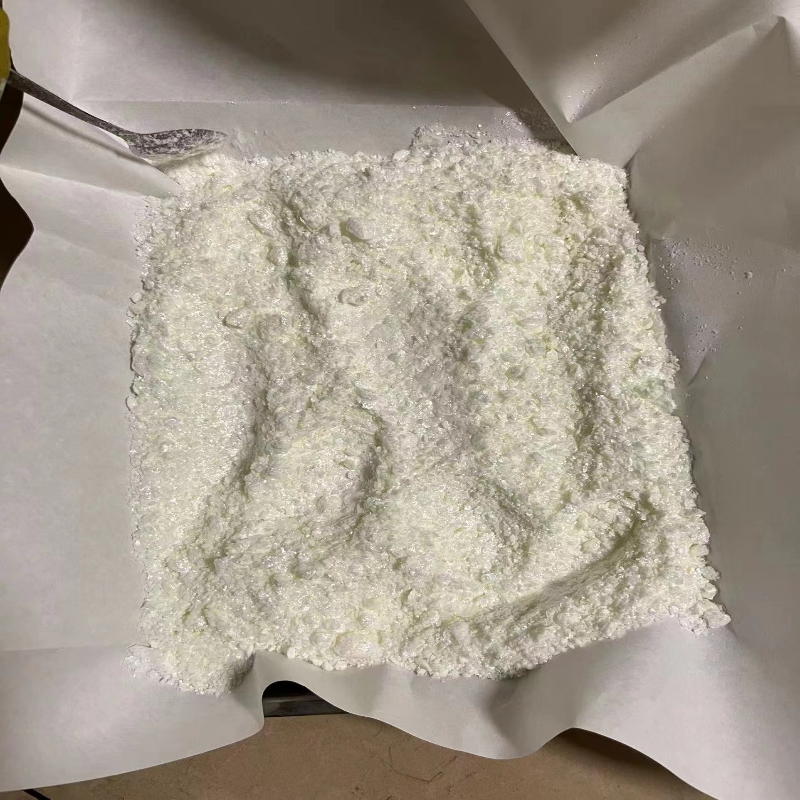-
Categories
-
Pharmaceutical Intermediates
-
Active Pharmaceutical Ingredients
-
Food Additives
- Industrial Coatings
- Agrochemicals
- Dyes and Pigments
- Surfactant
- Flavors and Fragrances
- Chemical Reagents
- Catalyst and Auxiliary
- Natural Products
- Inorganic Chemistry
-
Organic Chemistry
-
Biochemical Engineering
- Analytical Chemistry
-
Cosmetic Ingredient
- Water Treatment Chemical
-
Pharmaceutical Intermediates
Promotion
ECHEMI Mall
Wholesale
Weekly Price
Exhibition
News
-
Trade Service
While Procter & Gamble has set a 2030 vision to reduce its environmental impact, current supply chain issues with recycled plastic make sustainable packaging challenging, Jack McAeny, vice president of global sustainability, told a conference organized by Reuters this week.
.
Global supply chain issues have made it more difficult to obtain environmentally sound packaging materials, Jack McAeny said on Friday
.
"There simply isn't enough recycled plastic to meet P&G and our peers' commitment to 'reduce the use of virgin plastic and increase the amount of recycled plastic in packaging'
.
"
The maker of Gillette razors and Tide detergent, Procter & Gamble has committed to making its packaging 100 percent recyclable or reusable by 2030 and reducing the use of virgin petroleum-based plastics by 50 percent
.
According to incomplete statistics, less than 10% of all plastic ever made is recycled, mainly because the cost of collection and sorting is too high
.
Meanwhile, plastic production is expected to double in 20 years, which industry critics see as the biggest driver of tackling the planet's waste problem
.
P&G is working with suppliers to increase production of recycled plastics and is developing new processing technologies to easily recycle materials such as polypropylene, McAneny said
.
He also revealed that PureCycle Technologies (PCT.
O), a startup that has licensed P&G's polypropylene recycling process, will open up wider applications for waste plastics that were not feasible before
.
"We need to make sure that these advanced recycling technologies actually deliver a net benefit," McAneny said
.
"If you're going to use more energy and generate more waste, magic technology may not always be the right solution
.
That's where we have to work
.
"







